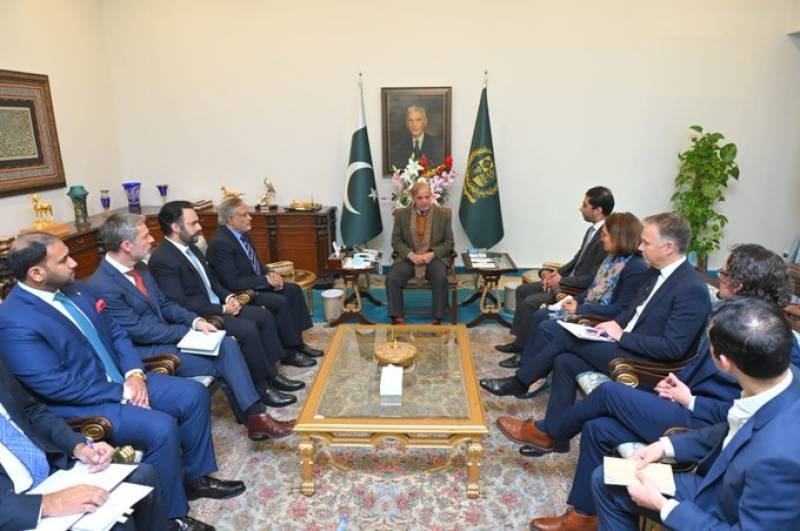Prime Minister Shehbaz Sharif didn’t hold back during a high-stakes meeting on Saturday, launching a scathing critique of Pakistan’s failing agricultural system. Frustrated by what he called “stone-age” farming practices, the Prime Minister called for an urgent, all-encompassing reform of the sector — one he said has suffered from decades of mismanagement and missed opportunities.
Addressing a packed room of scientists, business leaders, and top government officials, Sharif pointed out that Pakistan was once self-reliant in key crops like wheat and cotton. Today, however, the country is forced to import these staples. “Our per-acre yield is alarmingly low compared to developed countries,” he said. “And despite a large rural population, we’re not even close to tapping its full potential.”
He blamed inefficient resource use, poor coordination, and failed initiatives for the country’s declining productivity. One such example, he noted, was the establishment of service companies meant to support small farmers, which ultimately became inactive due to lack of oversight and planning.
Sharif also touched on the longstanding dependence on imported agricultural equipment. While there has been progress in manufacturing machinery domestically, past delays have significantly hampered technological growth in farming.
The Prime Minister said the government would now focus on consulting experts, industry leaders, and farmers to shape a strategic action plan aimed at increasing both productivity and sustainability. He strongly criticized the bureaucracy’s historical failures and emphasized the need to empower rural communities through support for small businesses, better storage systems, and local processing units.
“There’s a serious gap in our ability to store crops out of season and develop small-scale processing plants,” he said. “Fixing this can generate jobs in rural areas and boost our exports.”
During the meeting, participants flagged major issues holding back agricultural progress — including inefficient irrigation, low-quality seeds, poor land preparation, and outdated fertiliser use. Their proposed solutions included:
- Modern water management systems
- Scientific farming methods for nutrient-rich crops
- Public-private training programs for farmers
- Expanding internet access in rural areas
- Creating a centralised digital database for farmers
- Using blockchain and QR codes to track the distribution of seeds and fertilisers
There was also a strong push for research into soil fertility, investment in mechanised farming, and improvements in market access for rural producers. Better access to financing and credit for farmers was another key priority, with calls for financial institutions to play a more active role.
Sharif agreed that legal and administrative reforms are needed to make real change possible. He stressed the importance of involving farmers, experts, and the private sector in shaping effective, inclusive policies.
To move forward quickly, he announced the creation of five specialised working groups — each tasked with delivering actionable recommendations within two weeks.
The session was attended by key ministers including Federal Climate Change Minister Dr Musadik Malik, IT Minister Shaza Fatima Khawaja, Information Minister Ataullah Tarar, along with senior officials and leading voices from the agricultural community.
















